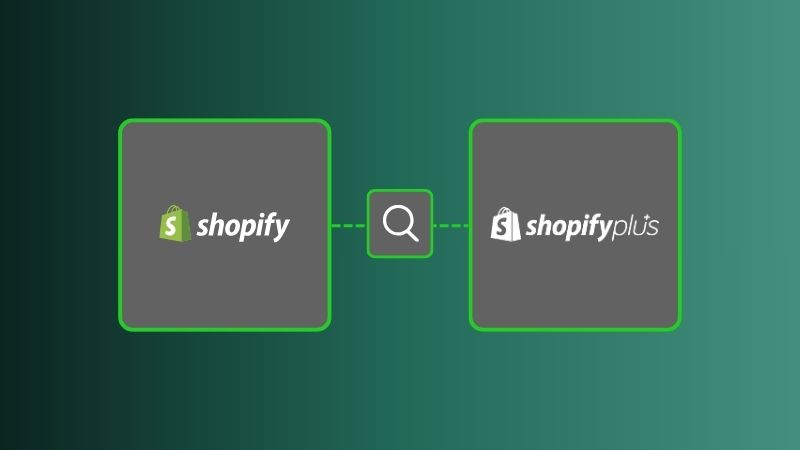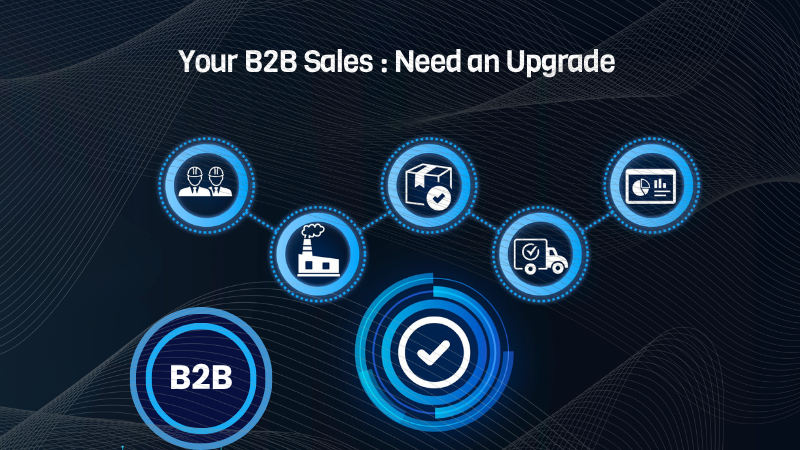Did you know that Shopify powers over 4 million ecommerce websites globally, but only a fraction of these businesses leverage the full potential of Shopify Plus?
Choosing the right ecommerce platform is a critical decision for any business looking to thrive in the digital marketplace. Shopify offers a variety of plans, but the two most popular are Shopify and Shopify Plus. While both platforms serve the purpose of setting up and running an ecommerce store, they differ significantly in their capabilities, pricing, and target audience. This blog explores these differences in detail, helping you determine which platform suits your business needs.
Key differences between Shopify and Shopify Plus:
-
Customization and control:
Regular Shopify plans provide access to themes and basic customization tools suitable for small to medium-sized businesses. Shopify Plus, however, goes a step further, offering access to Shopify’s Liquid code. This allows businesses to create highly customized shopping experiences tailored to their brand identity and customer journey. Additionally, Shopify Plus users can modify the checkout process, adding elements like upsells, gift wrapping options, or personalized messages. -
Scalability and performance:
Shopify Plus is designed to handle large-scale operations with high transaction volumes and heavy traffic. It offers features like dedicated server resources and a 99.98% uptime guarantee, ensuring that your store remains operational even during peak times like Black Friday or flash sales. Businesses experiencing rapid growth will find that Shopify Plus scales with them, eliminating the need for frequent platform migrations. -
Automated tools:
One of the major advantages of Shopify Plus is the access to Shopify Flow, an automation tool that helps streamline backend operations like inventory management, customer segmentation, and marketing triggers. These tools are essential for brands managing large catalogs or multiple stores. Regular Shopify plans do not include these advanced automation features. -
Cost considerations:
While Shopify Plus comes at a premium price (starting from $2,000/month), it’s important to weigh this cost against the potential ROI for larger businesses. Reduced transaction fees, advanced integrations, and dedicated support make it a worthwhile investment for companies that generate significant revenue.
Conclusion:
If your business is small to medium-sized, the regular Shopify plan is likely sufficient. It offers excellent features without a hefty price tag, making it ideal for startups and growing businesses. However, if you operate a large-scale brand with high sales volumes and need advanced customization, automation, and support, Shopify Plus is the better option for long-term growth.


















